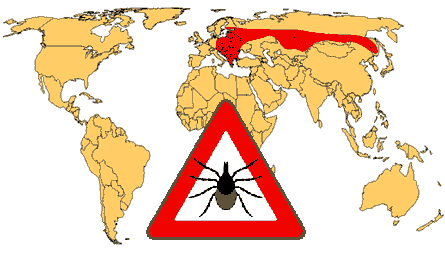Tick-borne encephalitis is caused by the neurotropic, positive-sense RNA virus, tick-borne encephalitis virus (TBEV). TBEV infection can lead to a variety of clinical manifestations ranging from slight fever to severe neurological illness. Very little is known about genetic factors predisposing to severe forms of disease caused by TBEV. Here we present TBEVHostDB — a catalog of human genes that are probably involved in response to TBEV infection. All genes were collected from the research papers. If the publication described a non-human mammalian gene or protein, the homologous human gene was found and included into the catalog. All genes from TBEVHostDB can be obtained here. Groups of genes that were included into TBEVHostDB according to five types of evidence of their possible involvement in response to TBEV infection are presented on other pages.
Authors
TBEVHostDB was created by Ignatieva E.V., Igoshin A.V., and Yudin N.S.
The Federal Research Center Institute of Cytology and Genetics of Siberian Branch of the Russian Academy of Sciences, Novosibirsk, 630090, Russia.
TBEVHostDB was supported by the Russian Science Foundation project no. 16-15-00127.
If you want something to be included, or if you have other comments or suggestions for this website, notify us by e-mail:
eignat@bionet.nsc.ru
yudin@bionet.nsc.ru
Please cite us using the following reference: Ignatieva E.V., Igoshin A.V., Yudin N.S. A database of human genes and a gene network involved in response to tick-borne encephalitis virus infection. BMC Evolutionary Biology. 2017;17(Suppl 2):259. DOI 10.1186/s12862-017-1107-8 Link
Keywords: Tick-borne encephalitis, TBEV, Flavivirus, Flaviviridae, Candidate genes, Database, PPIs, Protein–protein interactions, Expression, Knockout, SNP, mutation, susceptibility or resistance to TBEV infection
last update: October 15, 2017
